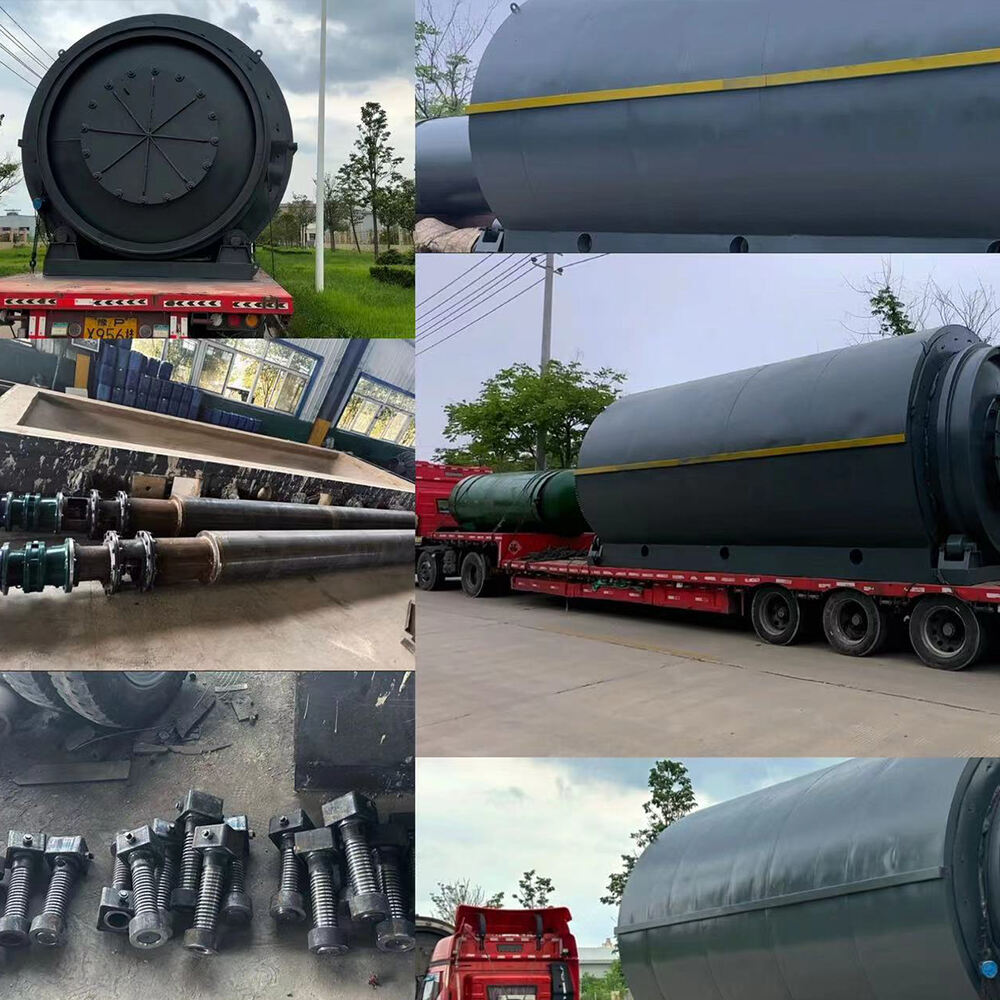Thermal Decomposition Processes in Modern Cracking Systems
Principles of Oxygen-Deficient Pyrolysis
Low oxygen pyrolysis, sometimes called oxygen deficient pyrolysis, works as a type of thermochemical reaction where organic stuff gets broken down into gases and solids. The process plays a big role in making char and carbon black which are really important for many different sectors across manufacturing. When we remove oxygen from the equation during heating, this actually improves how efficiently heat is used throughout the whole operation. Less waste means cleaner air output too, plus running costs tend to be lower overall. Because of these benefits, companies working with materials needing high carbon content often turn to this approach. We see this happening quite a bit in oil refineries where they need to recycle resources effectively without spending extra money on new raw materials all the time.
Micro-Negative Pressure Operational Advantages
Using micro negative pressure in pyrolysis systems offers real benefits because it keeps outside air from getting in, which stops unwanted burning from happening. The tech actually boosts how much material can go through the system while keeping the output quality steady something that matters a lot when running rebate programs with those continuous cracking machines. Keeping this slight vacuum going makes the whole heating process work better too, cutting down on power needs when breaking down materials. For companies working with recycled oils these days, getting this right means significant savings on operating costs over time.
Temperature Control for Efficient Material Breakdown
Getting temperature control right makes all the difference when it comes to speeding up reactions and getting the most out of thermal decomposition processes. Each material has its own specific temperature needs if we want them to properly break down into what we're after - things like oils and various gases. These days, there are better ways to monitor temperatures on site so operators can tweak conditions as needed. This kind of adjustment capability isn't just convenient but absolutely necessary for keeping operations running safely, particularly important stuff happens at places like crude oil refineries. For anyone trying to produce black diesel efficiently using these thermal methods, maintaining tight control over temperature remains one of those fundamental requirements that separates successful operations from problematic ones.
Smart Automation and IoT-Driven Optimization
AI-Powered Process Monitoring Systems
The oil refining sector is seeing major changes thanks to AI monitoring systems that boost how well plants run and what they produce. These smart systems work through complex computer programs to look at all sorts of information coming out of the cracking processes, helping keep everything running at just the right levels for maximum results. Real time tracking makes it possible to spot problems before they happen, so maintenance gets done when needed instead of waiting until something breaks down. That means less time wasted fixing things and longer life for expensive machinery. Some big refineries have seen their operations get about 15 percent better after implementing these technologies, showing just how much difference good data analysis can make in making sure processes work smoothly day after day.
Real-Time Adaptive Control Mechanisms
Adaptive control systems that work in real time are changing the game for cracking operations across various industries. These advanced systems make automatic changes to processing settings when faced with changing conditions or different types of raw materials coming into the system. What this means practically is that production stays stable even when things get unpredictable on the factory floor, cutting down chances of unexpected shutdowns or quality issues. When these systems adjust themselves constantly throughout operation, they actually save money on energy costs too. They do this by using resources smarter, especially noticeable during those times when customer demand goes up and down throughout the day. For manufacturers looking to improve their bottom line while maintaining consistent output levels, implementing such adaptive technologies makes both economic and operational sense in today's competitive market environment.
Energy-Efficient Power Supply Innovations
Bringing in energy efficient power supplies like regenerative drives helps companies save money on their electricity bills because they actually recycle energy back into the system during operation. These newer technologies work really well with both electric and hybrid systems used in cracking equipment, which means factories can slash their carbon output without sacrificing how hard the machines work. Some plants have reported cutting their total energy usage anywhere between 25% to 30% after upgrading their power systems. For refineries trying to stay green while keeping production levels high, these kinds of improvements make all the difference in running sustainable operations without breaking the bank.
Sustainability and Emission Reduction Strategies
Closed-Loop Gas Recycling Systems
Gas recycling systems that work in a closed loop play a big role in making oil refineries more sustainable. These setups take the gases generated when crude oil is cracked and put them right back into production rather than relying so much on outside gas supplies. The result? Less need to burn extra fuel and lower carbon dioxide emissions from the plant itself. Plus, companies save money because they're putting waste products to good use instead of just letting them escape into the air. Refineries across North America have started adopting this technology as part of their regular operations now. It's basically a win-win situation where environmental concerns meet business sense, helping plants cut down on pollution while keeping their bottom line healthy at the same time.
Eco-Friendly Dielectric Fluid Applications
Dielectric fluids are essential for both cooling systems and electrical insulation across many industrial settings, especially noticeable in places like oil refineries where they're constantly at work. Switching to greener dielectric fluids, particularly those that break down naturally after use, really cuts down on environmental risks from accidental spills or equipment failures. The latest developments in plant-based dielectric fluids now give companies good green alternatives while still maintaining their usual standards of performance and day-to-day operations. Getting these new products into actual practice remains a challenge though, since changing established systems takes time and resources. Still, making this shift represents progress toward reducing long term ecological harm and brings industrial practices closer to what most people would consider truly sustainable operations.
Waste Heat Recovery Techniques
Waste heat recovery is becoming increasingly important for improving energy efficiency at oil refineries. When refineries capture the extra heat coming out of their cracking processes, they can actually turn this waste into something useful. Some systems generate power for other refinery operations while others help heat up the raw materials going into production. Putting these methods into practice typically recovers between 20% to maybe even 50% of what would normally just go to waste. The financial benefits are clear as companies save on their energy bills, but there's another angle too. These approaches support greener operations by making better use of available resources. For industries where energy consumption runs high, like refining crude oil, every bit of recovered heat counts toward shrinking those massive environmental impacts we all know refineries have.
Cracking Equipment: Multi-Material Pyrolysis Systems
Multi material pyrolysis systems offer real flexibility since they work with all sorts of feedstocks, which means operations can adapt when needed. The design allows them to tackle everything from plastics through old tires right down to biomass, creating multiple valuable outputs along the way. What stands out most is how these systems keep performing well even when conditions change, something that keeps the whole process running smoothly day after day. For manufacturers wanting to expand what they can do with different materials while getting better results from their processing efforts, this kind of system becomes almost indispensable in today's competitive market environment.
Continuous Cracking Plant: Uninterrupted Feed Technology
Cracking plants that run continuously have special tech keeping the feedstock flowing nonstop, which really boosts how much they produce. These setups cut down on those annoying stoppages when switching between batches, so factories can pump out more goods and scale up operations as needed. Industry folks report that running continuously instead of in batches can actually bump yields around 20-25%, which makes these systems pretty appealing for companies looking to crank up production while saving money. Plus, everything runs smoother from one process to another, meaning fewer delays and bottlenecks throughout the whole operation.
Rubber Pyrolysis Machines: High-Yield Carbon Production
Rubber pyrolysis machines have been designed to turn old tires into carbon products with pretty good efficiency rates. When companies use this technology, they help cut down on waste mountains and find a better way to get rid of used tires instead of just dumping them somewhere. Plus, the process creates useful stuff like carbon black which has real value in various markets. The amount of carbon produced is actually meeting demands from construction companies who need materials for their projects, so it's solving two problems at once. Environmental benefits aside, there's definitely money to be made here too. The market for recycled materials keeps growing every year, making these machines attractive investments for forward thinking businesses looking to stay ahead of regulatory changes and consumer expectations around sustainability.
Modular Cracking Systems with PLC Integration
When it comes to modular cracking systems paired with PLC technology, we're talking about serious improvements in how plants run day to day. These PLC setups let manufacturers scale up or down pretty quickly depending on what's needed at any given moment, which is huge when dealing with fluctuating orders or limited factory space. The real advantage lies in how easily these systems can be tweaked and adjusted without major overhauls. For chemical processing plants especially, this means being able to respond faster to shifts in raw material availability or customer specifications. What makes these systems stand out isn't just the boost in productivity numbers, but the actual hands-on control operators get over every aspect of the process. This level of granular management opens doors to much smarter decision making across the entire production chain.
Large-Scale Waste-to-Fuel Conversion Units
Big waste-to-fuel conversion plants play a major role in turning all sorts of organic waste materials into useful fuels including black diesel, which helps tackle some serious global waste problems. These facilities make a real difference in renewable energy production too, since they fit right into the circular economy model where what would otherwise be trash gets turned back into something useful. The best part is these systems can process huge amounts at once, making them both good for the planet and profitable for businesses. We're seeing more investment in this technology as companies look for ways to cut down on landfill waste while creating actual value from what used to be considered just garbage. This trend shows how seriously industries are taking sustainability goals nowadays.
Applications in Oil Refining and Resource Recovery
Recycled Oil Production from Organic Waste
Turning organic waste into usable oil offers a greener option compared to traditional fuels, helping us get more value from what would otherwise go to waste. When companies convert stuff like old cafeteria leftovers or crop leftovers into actual oil products, they're not just being eco-friendly but also cutting down on their dependence on those expensive petroleum refineries. The whole process needs quite a bit of cleaning and refining before it meets quality requirements, so the end result isn't something anyone would mistake for regular motor oil but still works well enough for many industrial purposes. Getting these systems integrated into current facilities actually cuts down on landfills piling high with trash, slashes carbon emissions across the board, and moves us closer toward that ideal circular economy where nothing gets wasted and everything keeps getting reused somehow.
Crude Oil Fractionation Enhancements
New developments in crude oil fractionation methods now allow refiners to separate components more efficiently and get better results from each batch of oil. Membrane tech and improved distillation processes stand out among these advances, letting plants squeeze more product out of their operations without burning through extra energy. What matters most here is making sure we're getting all possible value from each barrel of crude before it hits the market. When refineries invest in advanced equipment for processing, it's really about two things at once better productivity and cutting down on fuel costs over time. Look at how some companies have managed to extract an additional 5-7% worth of usable products simply by upgrading their separation systems. With global demand continuing to rise, this kind of optimization helps keep production levels up while still trying to meet environmental standards across the sector.
Steel Wire Separation and Reclamation
Separating steel wire from scrap materials remains an important part of many recycling programs, especially when dealing with old rubber products. The process helps recover clean steel from used tires and various industrial wastes that contain metal wires, which makes the material worth more when sold back into the steel market. Modern methods for reclaiming steel wire now allow for much better separation, so there's less contamination and the recycled metal stays high quality. With stricter environmental rules coming down all the time, factories have little choice but to invest in good separation systems if they want to cut down on waste and boost their recycling rates. These kinds of tech solutions aren't just about following the law either they actually help keep the whole waste management industry moving toward more sustainable practices over time.


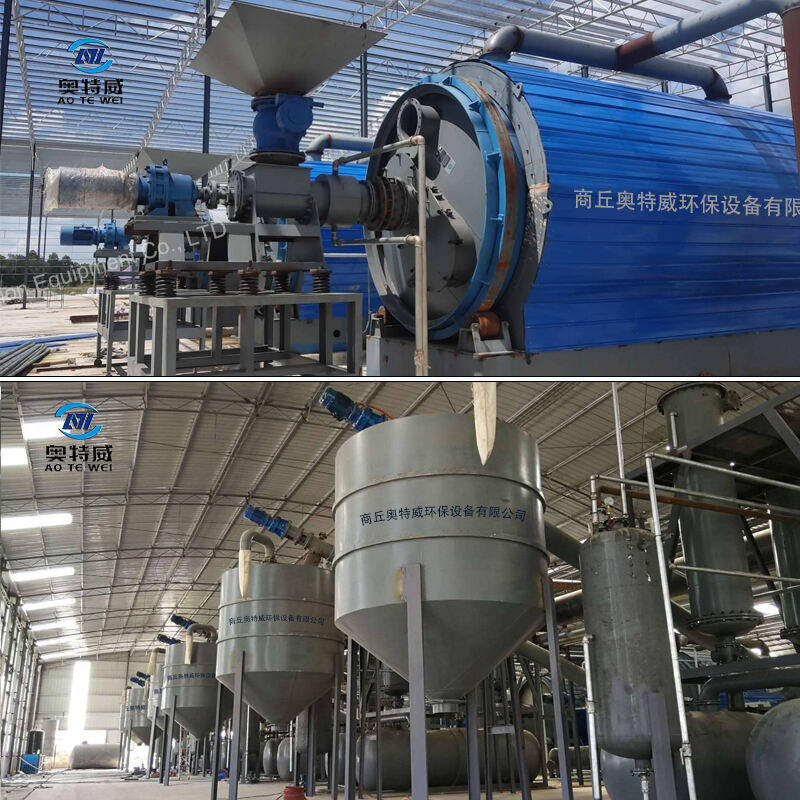
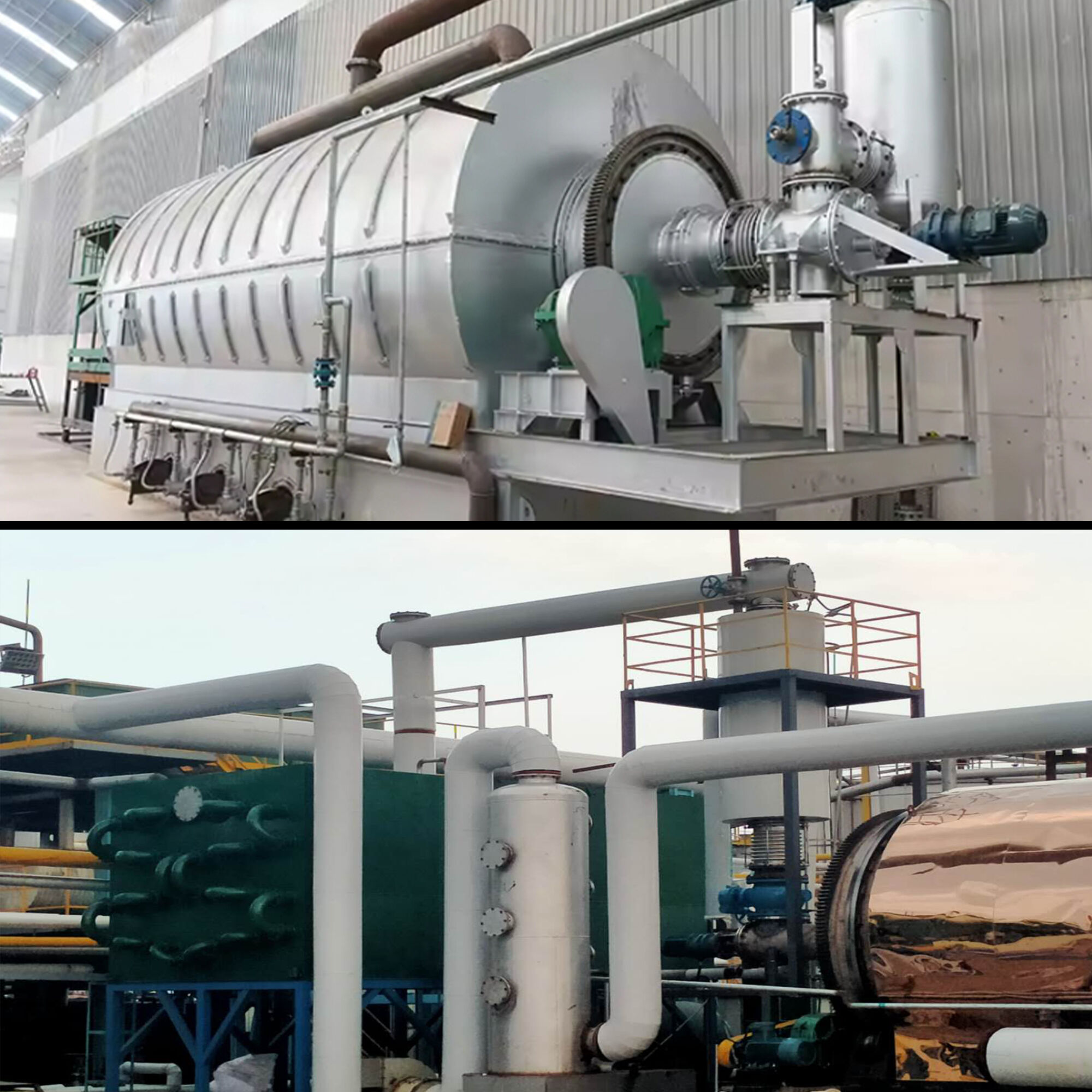
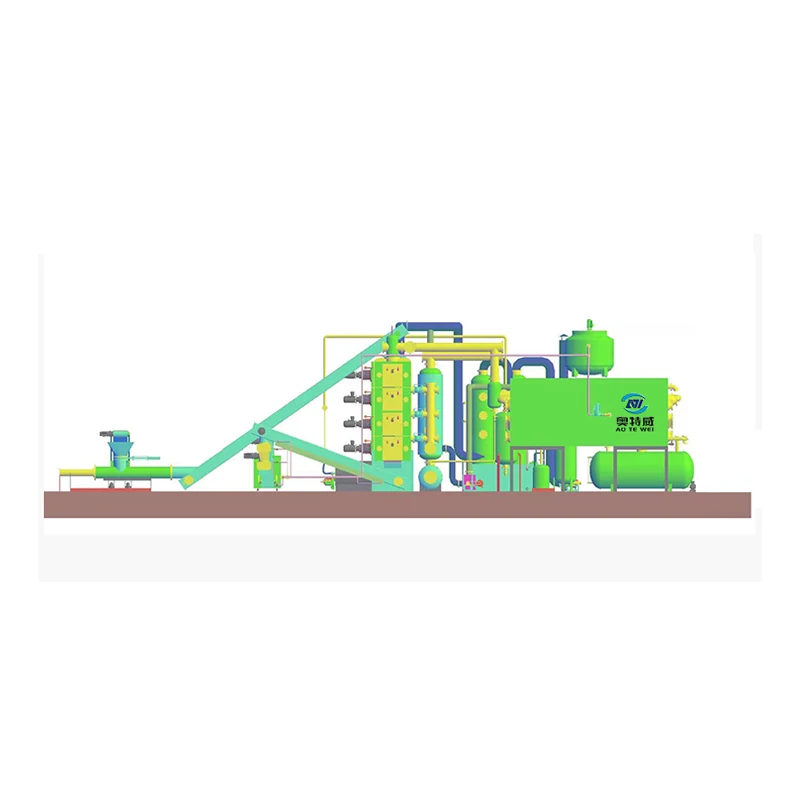
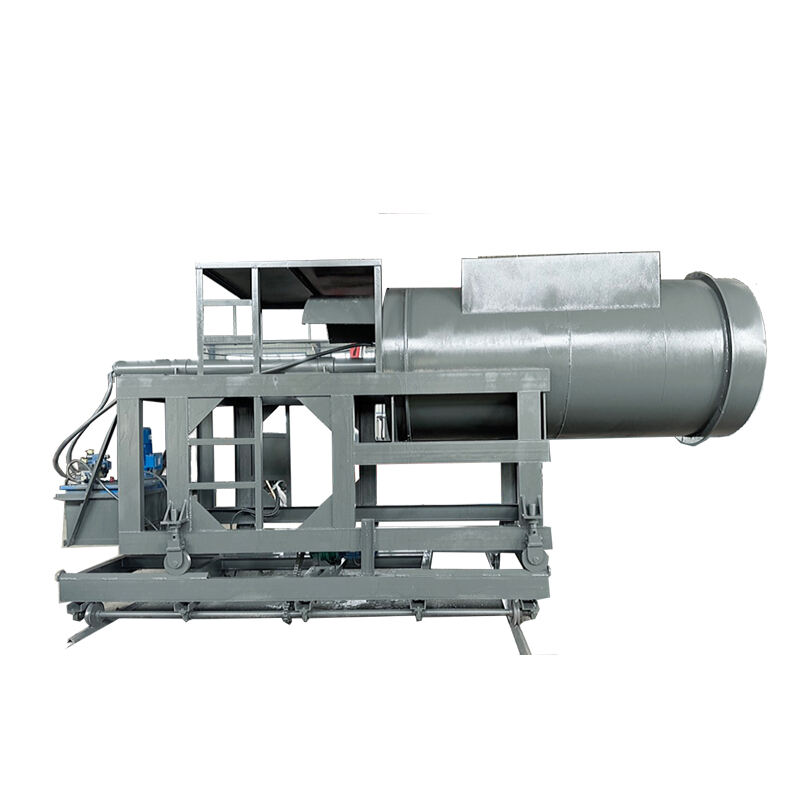
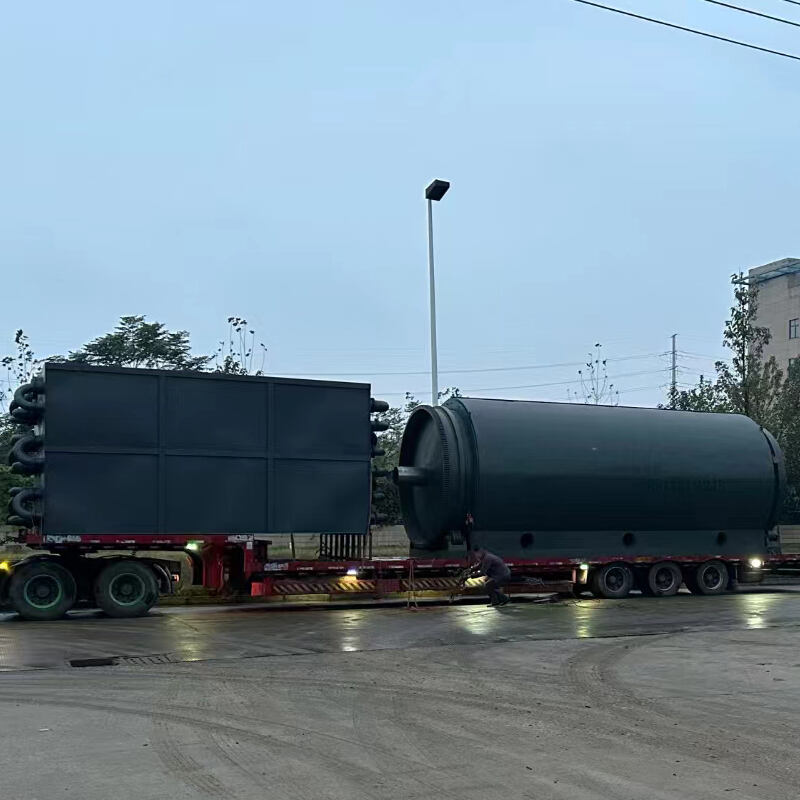
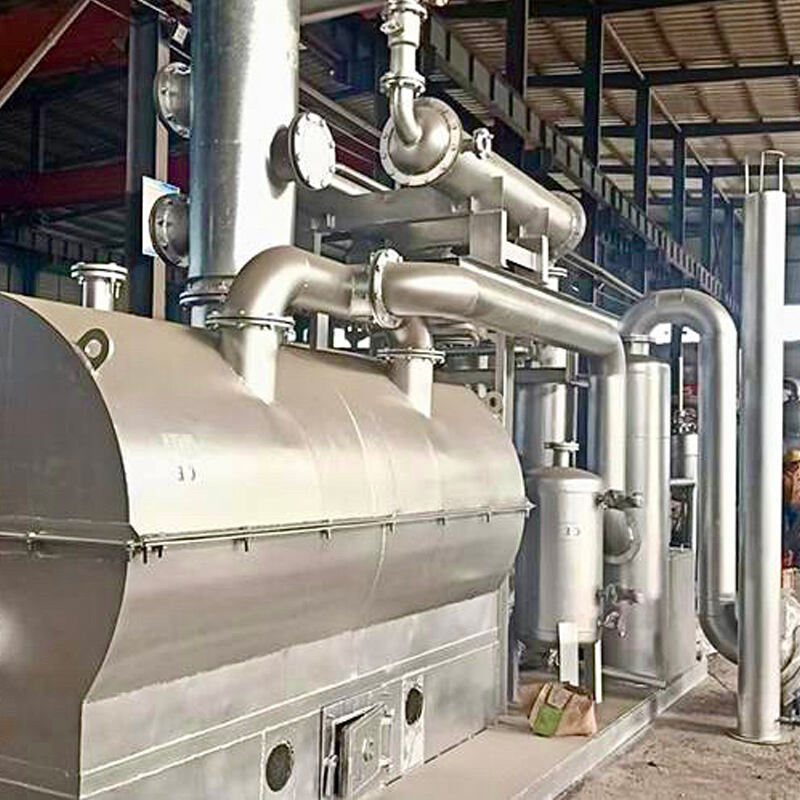
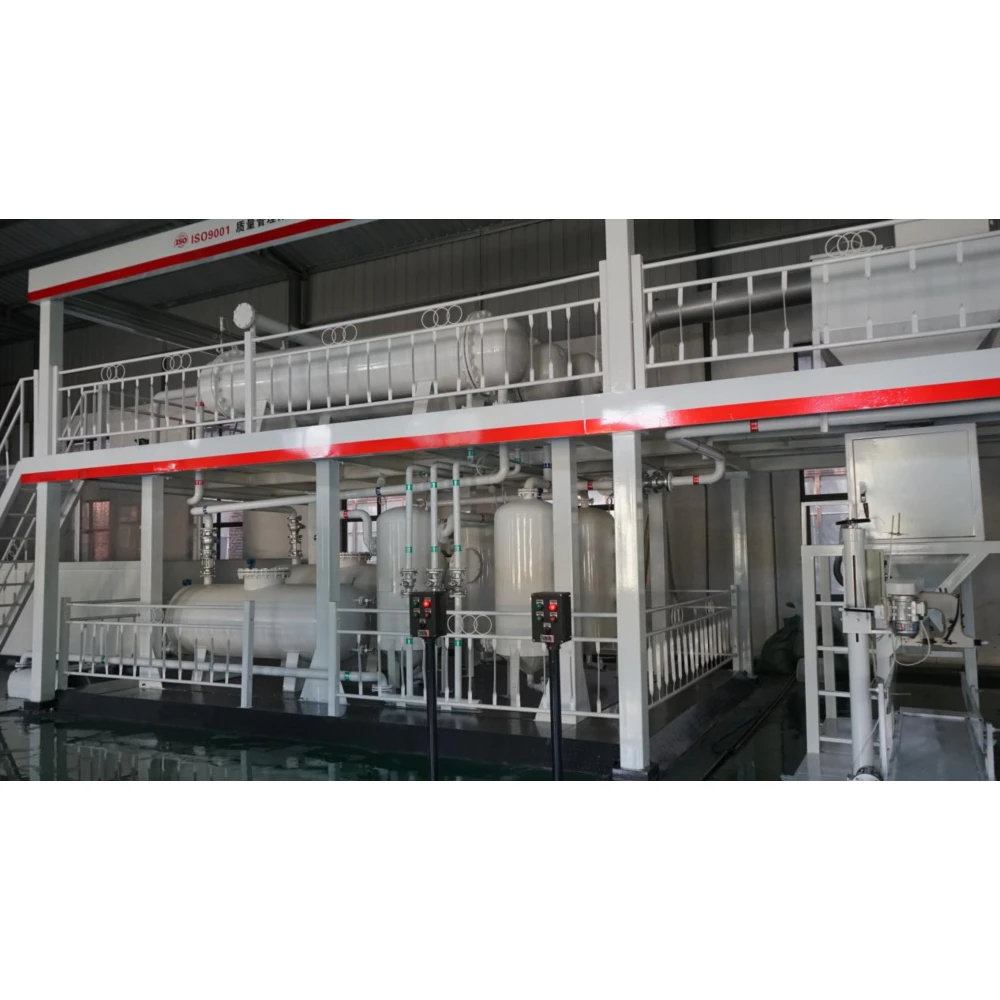
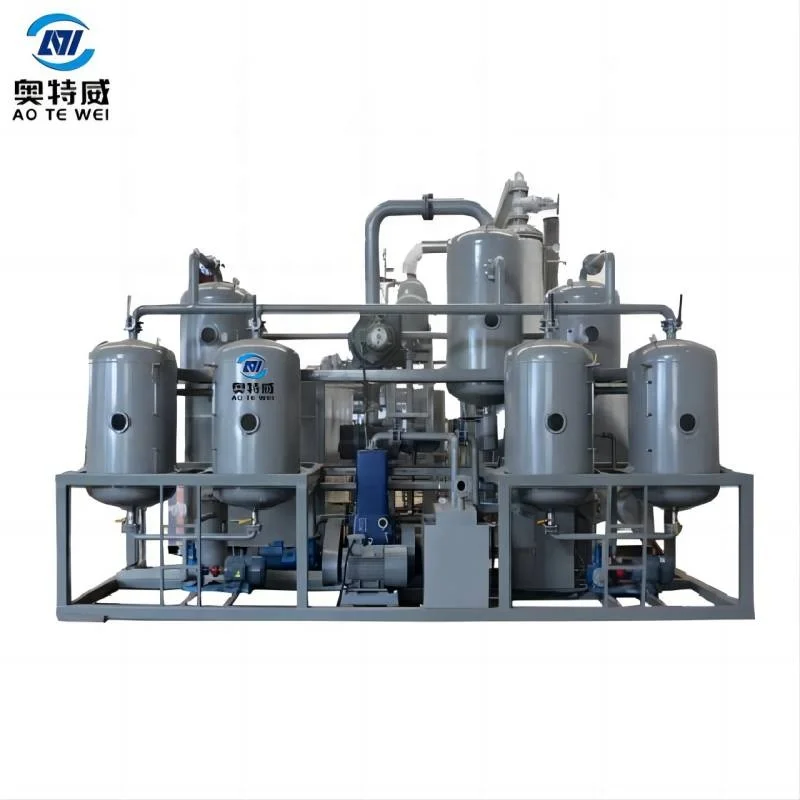
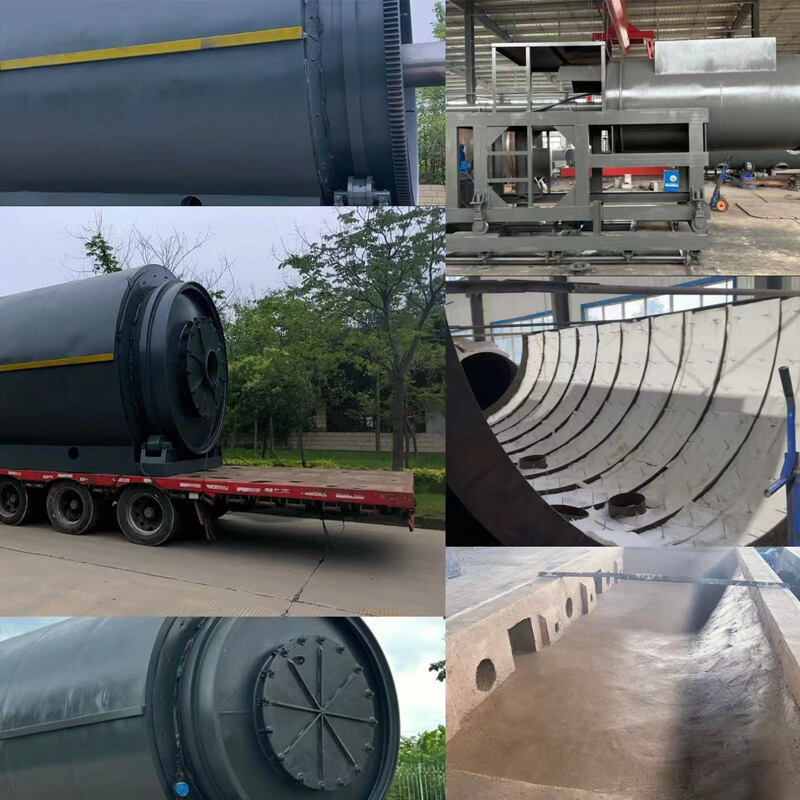

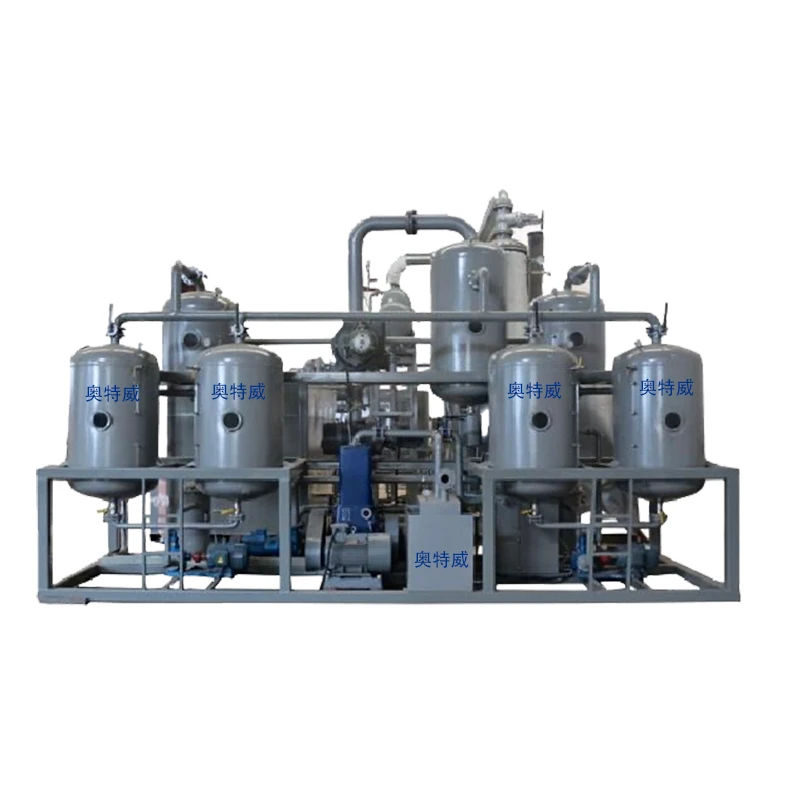
 Hot News
Hot News